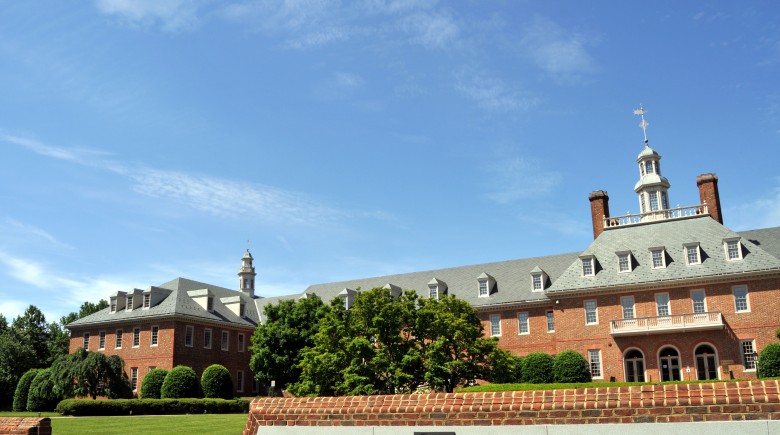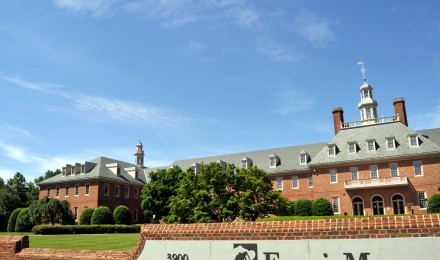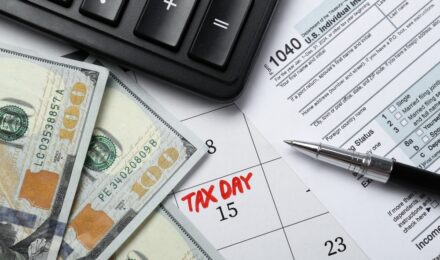Just a few years ago Fannie Mae was in a dire situation. They had gotten in over their head with subprime mortgages. As the market came crashing down, it looked as though it was the end of the road for the mortgage giant. Fortunately for them, the government stepped in to help them out; with $116 Billion. This kept them afloat, and now as the housing market is looking more and more positive, the company is paying back those loans.
Fannie Mae has seen some good times lately. Record profits keep popping up in the news, and luckily those profits are being returned to the government. Recently Fannie Mae made a statement that their second quarter profits for 2013 were $10.1 Billion. This is nearly twice the $5.1 Billion they saw in the second quarter of 2012. In nearly the same breath the company stated that they would be issuing a $10.2 Billion dividend to the US treasury.
You may be asking how they can issue a dividend that is $100 Million more than the profits they are reporting. The reason is that as a part of their bailout agreement, Fannie Mae had to keep a certain pool of money as a reserve, in case the market soured again. As the market gains momentum and the company is paying back their loan, they are able to reduce this pool of money. So while the profits were $10.1 Billion, they were able to pay back $10.2 Billion on the money they received just a few years ago.
The housing market is a fickle thing. A little bad news and the entire thing can turn south. However, lately housing prices have been increasing. And since mortgage rates, while not at their historical lows, are still lower than they have been for many years, there are many people buying and refinancing their homes. This has helped Fannie Mae repay $105 Billion of their original $115 Billion loan. And they estimate that the market will stay good in the foreseeable future, hopefully allowing them to pay off the rest of the loan before the end of 2013.
The housing market is looking up in nearly all parts of the country. The stock market is looking good meaning companies are earning money and people are investing in them. Companies that were bailed out during the great recession are nearing the end of their loan repayment period. But what does this mean for the average consumer? For the most part, not a whole lot. It means that things are getting less bumpy in the economy, and the government and big businesses are doing a better job of managing their money. There is some trickledown effect, but much of it is in the form of consumer confidence. However, the US averages a recession every 5-6 years. It has been over 4 years since the last recession ended. Let’s hope that Fannie Mae is in a position to keep doing well through the next one without loans.
Just a few years ago Fannie Mae was in a dire situation. They had gotten in over their head with subprime mortgages. As the market came crashing down, it looked as though it was the end of the road for the mortgage giant. Fortunately for them, the government stepped in to help them out; with $116 Billion. This kept them afloat, and now as the housing market is looking more and more positive, the company is paying back those loans.
Fannie Mae has seen some good times lately. Record profits keep popping up in the news, and luckily those profits are being returned to the government. Recently Fannie Mae made a statement that their second quarter profits for 2013 were $10.1 Billion. This is nearly twice the $5.1 Billion they saw in the second quarter of 2012. In nearly the same breath the company stated that they would be issuing a $10.2 Billion dividend to the US treasury.
You may be asking how they can issue a dividend that is $100 Million more than the profits they are reporting. The reason is that as a part of their bailout agreement, Fannie Mae had to keep a certain pool of money as a reserve, in case the market soured again. As the market gains momentum and the company is paying back their loan, they are able to reduce this pool of money. So while the profits were $10.1 Billion, they were able to pay back $10.2 Billion on the money they received just a few years ago.
The housing market is a fickle thing. A little bad news and the entire thing can turn south. However, lately housing prices have been increasing. And since mortgage rates, while not at their historical lows, are still lower than they have been for many years, there are many people buying and refinancing their homes. This has helped Fannie Mae repay $105 Billion of their original $115 Billion loan. And they estimate that the market will stay good in the foreseeable future, hopefully allowing them to pay off the rest of the loan before the end of 2013.
The housing market is looking up in nearly all parts of the country. The stock market is looking good meaning companies are earning money and people are investing in them. Companies that were bailed out during the great recession are nearing the end of their loan repayment period. But what does this mean for the average consumer? For the most part, not a whole lot. It means that things are getting less bumpy in the economy, and the government and big businesses are doing a better job of managing their money. There is some trickledown effect, but much of it is in the form of consumer confidence. However, the US averages a recession every 5-6 years. It has been over 4 years since the last recession ended. Let’s hope that Fannie Mae is in a position to keep doing well through the next one without loans.






